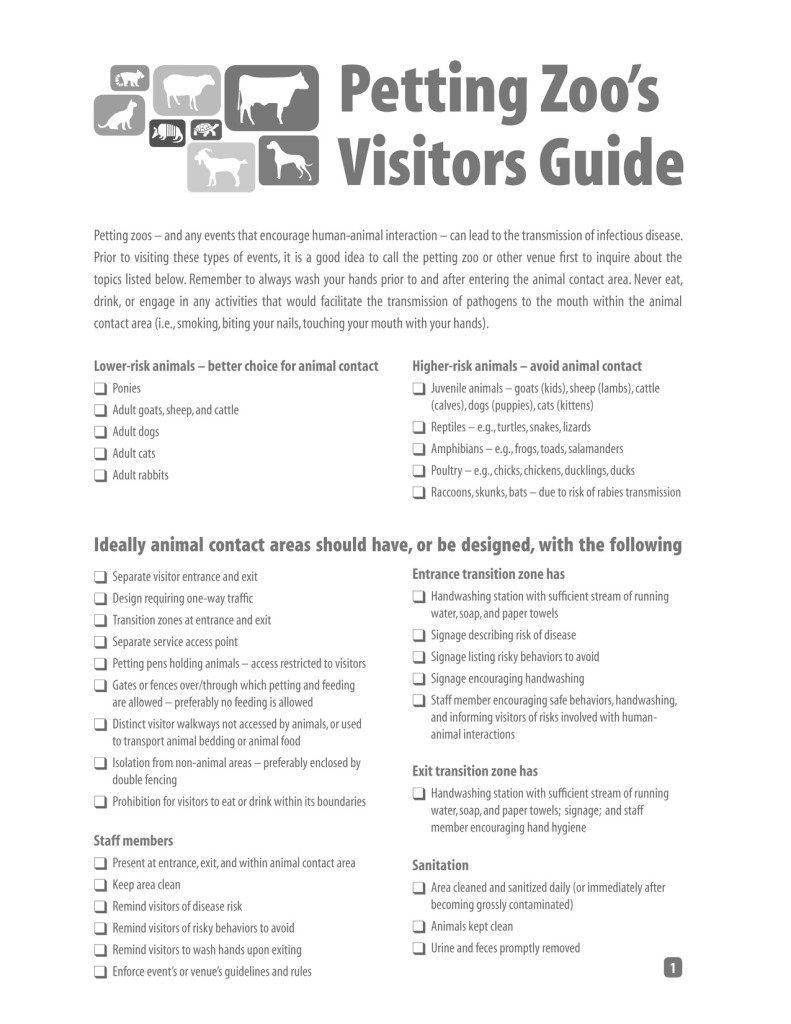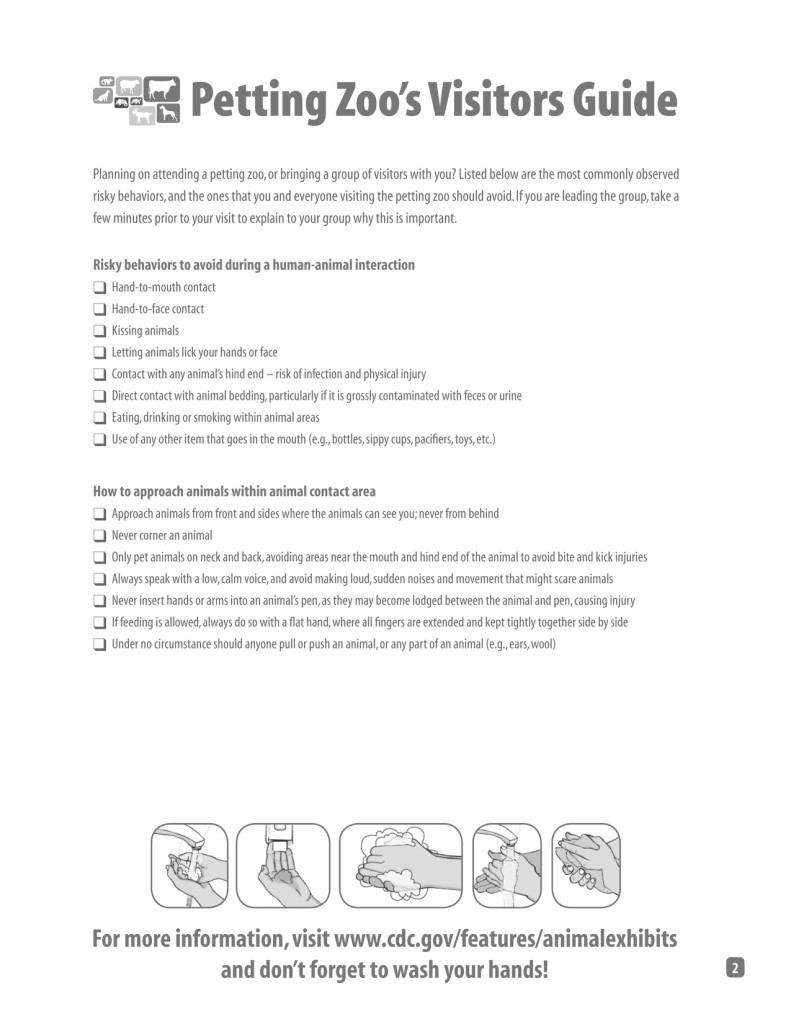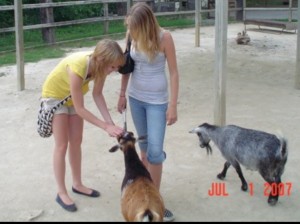Sorenne is in grade 1. Her school fete is this Sunday.
They plan to have a petting zoo, and I’ve said, this is a bad idea and let the principal know.
At least three Whatcom County first-graders in Washington state, and possibly a fourth, have been sickened by shiga-toxin producing E. coli after attending the Milk Makers Fest in Lynden last week.
About 1,325 first-graders and their chaperones went to the event April 21-23 at the fairgrounds in Lynden. It was put on by the Whatcom County Dairy Women.
The event introduced young students to farming. It also gave the students a chance to pet farm animals, including small horses, sheep, rabbits, chickens and a calf, the dairy women wrote on their Facebook page.
Pasteurized chocolate milk was given to the children but isn’t considered a source of contamination because pasteurization destroys E. coli, according to the Facebook post.
“Nothing’s been ruled out,” said Greg Stern, Whatcom County health officer, on Tuesday, April 28.
A table of petting zoo outbreaks is available at https://barfblog.com/wp-content/uploads/2014/04/Petting-Zoo-Outbreaks-Table-4-8-14.xlsx.
Best practices for planning events encouraging human-animal interactions
Zoonoses and Public Health
G. Erdozain, K. KuKanich , B. Chapman and D. Powell
http://onlinelibrary.wiley.com/doi/10.1111/zph.12117/abstract?deniedAccess
Educational events encouraging human–animal interaction include the risk of zoonotic disease transmission. It is estimated that 14% of all disease in the US caused by Campylobacter spp., Cryptosporidium spp., Shiga toxin-producing Escherichia coli (STEC) O157, non-O157 STECs, Listeria monocytogenes, nontyphoidal Salmonella enterica and Yersinia enterocolitica were attributable to animal contact. This article reviews best practices for organizing events where human–animal interactions are encouraged, with the objective of lowering the risk of zoonotic disease transmission.


